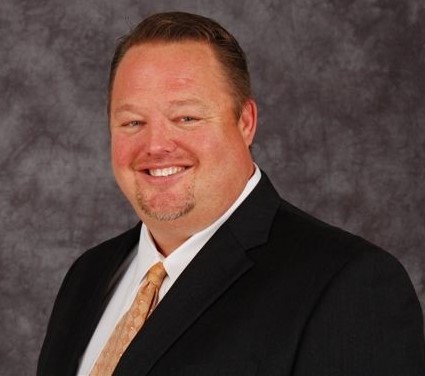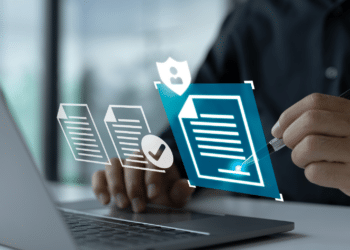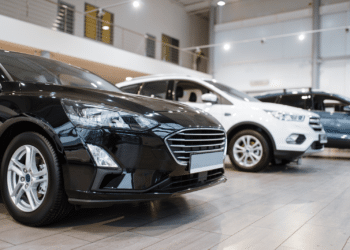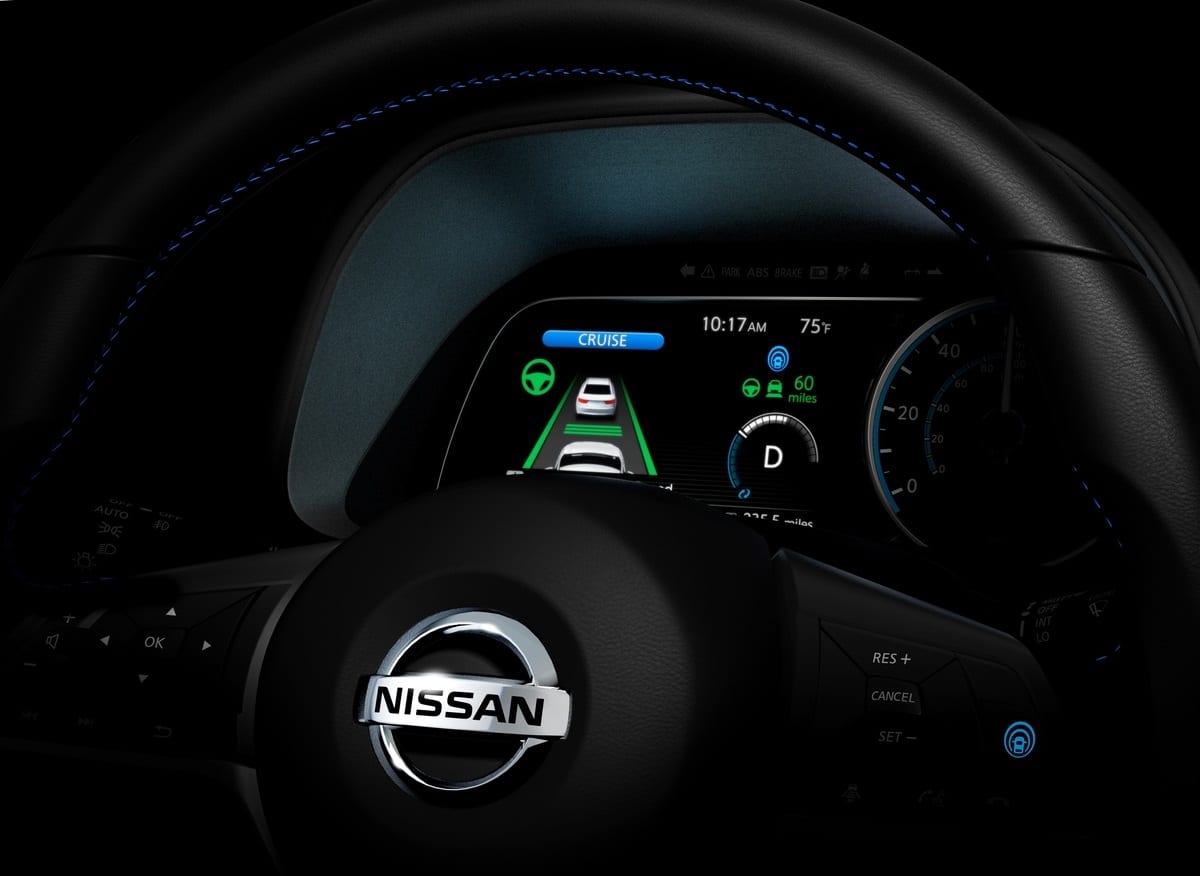How NMAC Uses Technology to Improve the Customer Experience

Technology is playing a more important role in auto financing as car buyers increasingly look for lenders to provide digital options for communication and payment. Finance organizations, including Nissan Motor Acceptance Corp., are meeting their customers’ expectations with online portals, text communications, and mobile computing applications.
Brian Massey, NMAC’s director of collections and loss recovery, was a session panelist at the Auto Finance Summit, presented by Auto Finance News in October. Much of the panel, titled “Customizing Servicing Techniques for Different Borrower Demographics,” was devoted to the use of technology.
Shortly after the event, Massey spoke with Auto Finance News about NMAC’s current technology and projects on the radar to better service Nissan and Infiniti car owners. Massey, a 21-year auto finance veteran, joined NMAC in 2011. Before assuming his current post, he was director of credit operations, with responsibilities for underwriting, commercial vehicle lending, and contract process.
Prior to joining NMAC, Massey held various positions at American Honda Finance Corp. and Ford Motor Credit unit Primus. What follows is an edited version of Massey’s conversation with AFN.
AFN: How do you decide which technologies to implement, and how do you work with your information system (IS) team?
BM: Every year about this time, because our fiscal year is April to March, we start looking at long-term projects — those that take us six to 18 months to put in place. We go to conferences like the Auto Finance Summit. We meet with vendors. We look at new technologies. And we try to match technology with the business needs that we have. We work in partnership with the IS team because, at the end of the day, whatever the new technology is if it doesn’t integrate into our systems, it doesn’t do us any good. For me, it’s so important to have those guys walking in step with us, because these decisions are not just business decisions, they’re IS decisions, too. And we have to consider compliance implications, security, and other key issues.
AFN: What are some of the steps you take to make sure you’re aligned with the IS team?
BM: The IS team is heavily integrated into all our business meetings. When we meet with vendors, we typically bring them in with us. We tell the IS team if we’re serious about a technology or just exploring. This ensures we ask the vendors the right questions, that the vendors’ solution can be integrated into what we have, and that they can meet the business results we want to achieve.
AFN: Technology budgeting can be a challenge. How do you balance the need to make sure you’re spending enough to support technology initiatives without spending money just to have the latest features and functionality?
BM: It comes out in the vetting session. As you start to get serious about a technology, you’ve got to really look and see what effect the software is going to offer. Are you going to increase collections by 30%? Is it going to make you more efficient at customer service calls? Once you put something in, you have to look at the results you’re getting. The benefits must be measurable. And, if there’s not a major benefit, you have to make the decision to walk away from it.
AFN: About half of NMAC’s 2.6 million customers sign into the customer portal on a regular basis. How does that allow you to create better relationships with your customers?
BM: The portal allows the customer to opt in to the different ways that we can communicate with them. What we’ve found is every customer wants a unique customer experience based on what they want to do at a particular time. So, once they opt in, we know if the customer prefers us to reach out to them via email or the telephone…. A lot of our customers still prefer the telephone, because they like to talk to a person to work through whatever question or need they have. The portal really does a great job of helping us understand what the customers’ needs are, what they want, and how they like to be served.
AFN: You’ve said that in the next two years or so, you expect NMAC to be a 24-hour operation. What do you need to do to get there?
BM: We’re doing a lot of big technology projects right now at NMAC. I have two big projects that will allow us to be more efficient. But, really, when you get down to it, the 24-hour operation is the portal, the self-service and chat features. There’s chat technology where you can have a virtual collection agent. So, for instance, customers who may be past due, sign into the portal. We can build business rules within the chatbots that can help them remediate whatever problem, issue, or need they have.
AFN: What are the two other projects you’re working on?
BM: We’re working on a ‘Strategy Director’ within the collection group. Strategy Director is basically a scorecard, or collection account. It goes through the characteristics of a customer account and comes up with the best way to contact that customer. Say we have a customer who constantly self-cures at 25 days. Well, right now, we start calling five days past due. The new system will allow us to spot that trend and hold that customer out of the workload because we know the nature of the customer is always to self-cure in 25 days. So, it allows us to be more strategic in our approach to servicing our accounts. That should be deployed in January. We’re also looking to put in a new loss-recovery system. Hopefully that hits in May [2019].
AFN: NMAC also is looking at the fintech space. Earlier this year, Nissan partnered with AutoGravity to allow Nissan car shoppers in California and Texas to lease and finance vehicles with their smartphones. How did that relationship come about?
BM: We started talking with them two or three Auto Finance Summits ago about their product. We thought it was a good product, and we wanted to dip our toe in the water to see how we fared in the space. It’s taught us a lot. We’ve done some good things. We created car sales that flowed through the dealers. It’s been a good experience.
AFN: Are you looking at more fintech partnerships?
BM: I think we’re always looking at the different fintechs and what they provide. We have a customer journey committee with our North American partners at Nissan and Infiniti. And we’re looking at the space more. But we want to really make sure, organizationally, that whatever we do fits in with the direction in which we’re going. We want to make decisions as an organization — not just as a financing institution.
Editor’s note: This interview was originally published in the November edition of Auto Finance News’ digital magazine, out now.
















